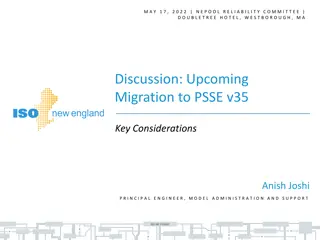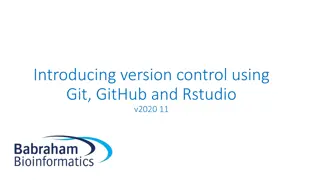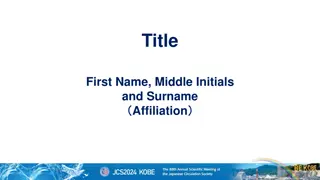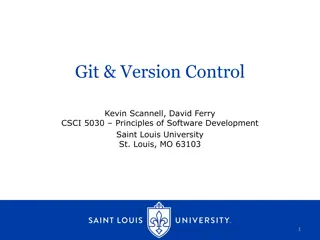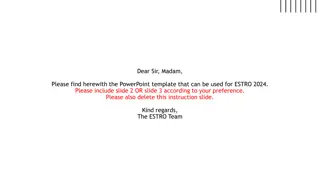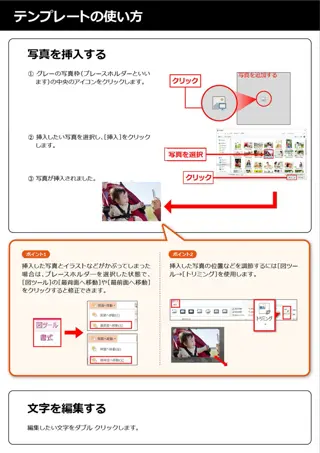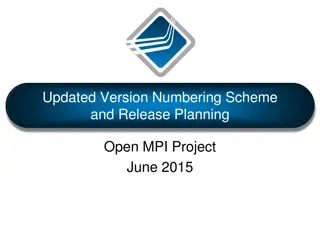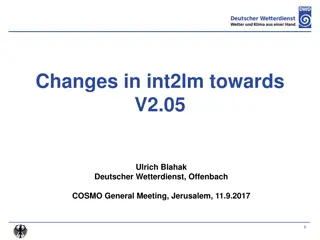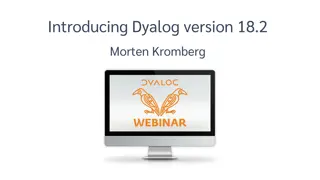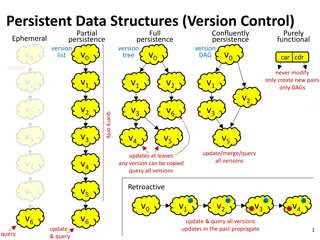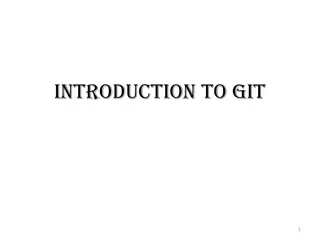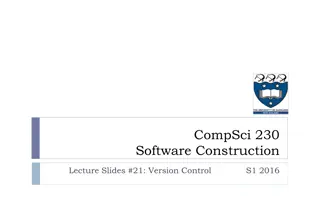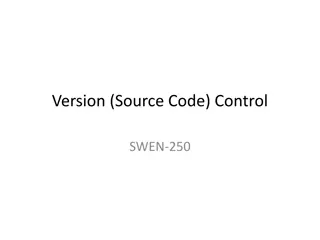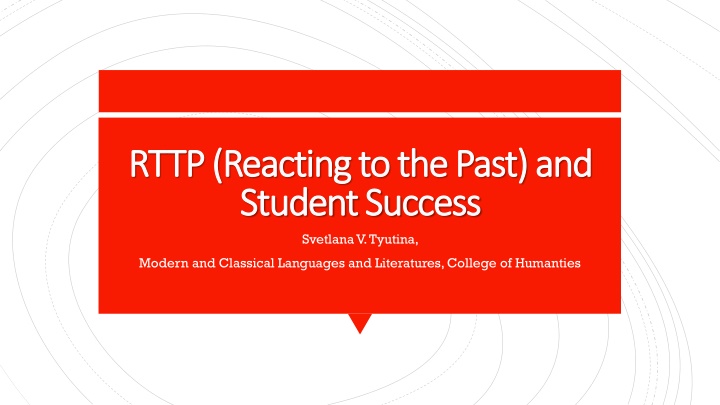
Implementing Reacting to the Past (RTTP) for Student Success at CSUN
Enhance student engagement and academic performance through Reacting to the Past (RTTP) pedagogy at California State University, Northridge (CSUN). Data analysis shows significant positive impacts on student sense of belonging, academic performance, and diversity acceptance. Explore the benefits and outcomes of introducing RTTP into various class types and levels.
Download Presentation

Please find below an Image/Link to download the presentation.
The content on the website is provided AS IS for your information and personal use only. It may not be sold, licensed, or shared on other websites without obtaining consent from the author. If you encounter any issues during the download, it is possible that the publisher has removed the file from their server.
You are allowed to download the files provided on this website for personal or commercial use, subject to the condition that they are used lawfully. All files are the property of their respective owners.
The content on the website is provided AS IS for your information and personal use only. It may not be sold, licensed, or shared on other websites without obtaining consent from the author.
E N D
Presentation Transcript
RTTP (Reacting to the Past) and RTTP (Reacting to the Past) and Student Success Student Success Svetlana V. Tyutina, Modern and Classical Languages and Literatures, College of Humanties
Is RTTP a HIP (High Impact Practice)? What are the major benefits and/or differences in introducing RTTP into different type and level of classes? Standard classes Guiding Questions Honors classes GE vs discipline-specific courses Upper- vs lower-division classes CSUN-specific suggestions for implementation.
OVERVIEW Reacting to the Past (RTTP) consists of elaborate games, set in the past, in which students are assigned roles informed by classic texts in the history of ideas. Class sessions are run entirely by students; instructors advise and guide students and grade their oral and written work. * DATA SOURCE RTTP projects assessed**:POLS 155,POLS 155H,POLS 471D,ENGL 255H (Fall 2017, Spring,Summer 2018) Overview of Data Control group**:POLS 155 (2012-2018) DATA ANALYSIS Quantitative and qualitative surveys (midterm and final, including student self- assessment) Academic success analysis (analysis of data on attendance, performance on key assignment) Student wellbeing analysis (sense of belonging, performance expectation, engagement with peers and faculty inside and outside classroom) ________________________ * For more on RTTP refer to https://reacting.barnard.edu/ **Same faculty taught all POLS courses.
Data analysis indicated that RTTP pedagogy: Had significant impact on student sense of belonging to the class and university overall; Had significant impact on student engagement with the material; Had significant impact on student academic performance across different groups of students,led to higher attendance rates and better performance on key assignments among all ethnic groups of students; Significantly reduced DFU rates across different groups of students, eliminating them altogether for Latinx students in Fall 2017 and African-American students in spring 2018; Reduced achievement gap; Did not have a significant impact on students perception and assessment of faculty. Findings SEMANTIC ANALYSIS OF VERBAL RESPONSES HIGHLIGHTED: BEFORE RTTP: hesitation, being outside of one s comfort zone, feeling unsure, confused AFTER RTTP: satisfaction, joy, fun, happy, proud, successful MAJOR OUTCOMES ACCORDING TO STUDENTS: Development of public speaking skills and argumentation; Understanding and accepting diversity and different viewpoints; Working together as a group in a non-judgemental environment; Being able to overcome one s weaknesses and succeed despite them.
Based on the data collected, the implementation of the RTTP at CSUN does exhibit characteristics essential for a high impact practice (HIP). SUGGESTIONS based on FINDINGS: Introducing RTTP into GE courses to improve retention, sense of belonging, and academic performance, as it showed higher level of impact on this type of courses. Concluding thoughts Introducing RTTP into upper-division discipline-specific courses to diversify academic experience,improve soft skills,adaptability,and communication. Tagging RTTP courses in SOLAR, so that students know in advance about this experience (i.e.,similarly to service-learning courses,etc.). SUGGESTIONS for future RESEARCH: Continuous assessment of a wider range of classes with and without RTTP, focusing on academic performance,retention,and achievement gap; Longitudinal assessment focused on comparison of the RTTP implementation in honors and standard classes (effectiveness, student involvement, academic performance and achievement gap), as well as different levels of classes (lower-, upper-division,and graduate).



